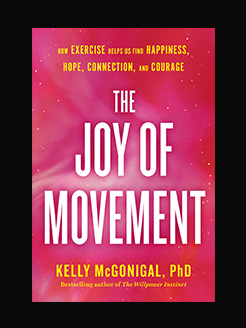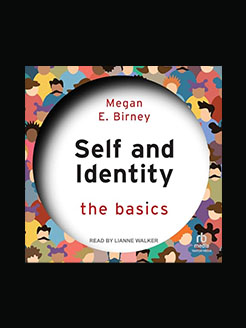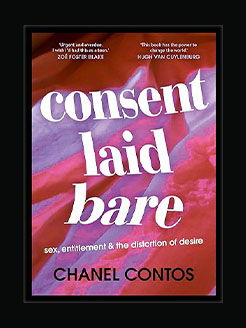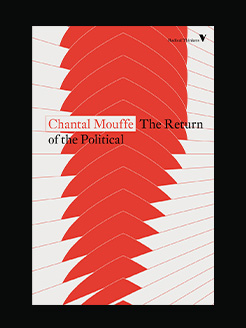Published in 2019
209 pages
Harvard-educated psychologist Dr. Melanie Joy is the world’s leading expert on the psychology of eating animals. Her work has been featured by national and international media outlets around the world, including the New York Times, the BBC, NPR, and ABC Australia. She is the author of the award-winning book Why We Love Dogs, Eat Pigs, and Wear Cows: An Introduction to Carnism, as well as Beyond Beliefs: A Guide to Improving Relationships and Communication for Vegans, Vegetarians, and Meat Eaters and Strategic Action for Animals. Dr. Joy is also an internationally acclaimed speaker, a relationship coach, and a communication specialist. She is the founding president of the charitable organization Beyond Carnism.
What is this book about?
Harvard-educated psychologist and bestselling author Melanie Joy exposes the psychology that underlies all forms of oppression and abuse and the belief system that gives rise to this psychology—which she calls powerarchy.
Melanie Joy had long been curious as to why people who were opposed to one or more forms of oppression—such as racism, sexism, speciesism, and so forth—often stayed mired in many others. She also wondered why people who were working toward social justice sometimes engaged in interpersonal dynamics that were unjust. Or why people who valued freedom and democracy might nevertheless vote and act against these values. Where was the disconnect?
In this thought-provoking analysis, Joy explains how we’ve all been deeply conditioned by the invisible system of powerarchy to believe in a hierarchy of moral worth—to view some individuals and groups as either more or less worthy of moral consideration—and to treat them accordingly.
Powerarchy conditions us to engage in power dynamics that violate integrity and harm dignity, and it creates unjust power imbalances among social groups and between individuals. Joy describes how powerarchies—both social and interpersonal—perpetuate themselves through cognitive distortions, such as denial and justification; narratives that reinforce the belief in a hierarchy of moral worth; and privileges that are granted to some and not others. She also provides tools for transformation.
By illuminating powerarchy and the psychology it creates, Joy helps us to work more fully toward transformation for ourselves, others, and our world.







